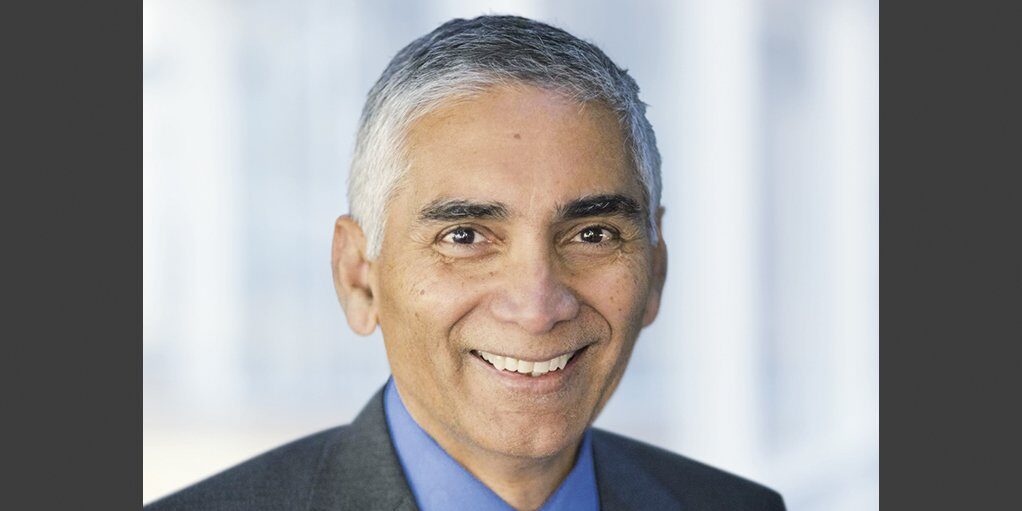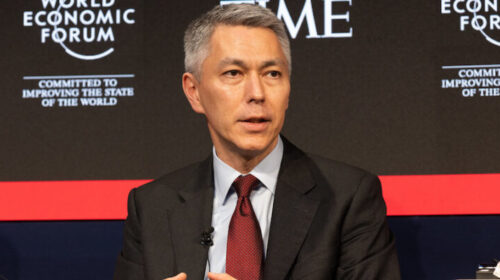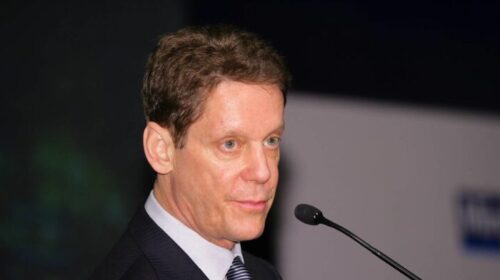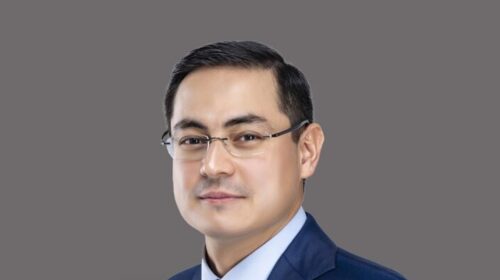Glencore welcomes Kalidas Madhavpeddi as new chairperson
Miner and commodity trader chooses non-executive director Kalidas Madhavpeddi to replace Tony Hayward.
Glencore has chosen an internal candidate as its new chair, completing an overhaul at the top of the miner and commodity trader.
Kalidas Madhavpeddi, a non-executive director, will replace Tony Hayward, who will step down at the end of the month after eight years as chair and more than 10 years on the board. The appointment of Madhavpeddi, 65, comes days after Glencore’s long-serving chief executive Ivan Glasenberg stepped down, and marks a shift to new leadership for the company, which is facing pressure from investors to cut carbon emissions.
“As the world transitions to cleaner forms of energy and mobility, our portfolio of commodities will allow Glencore to play a key role in helping us achieve the goals of Paris and play a key role in the ongoing energy and mobility transition,” Madhavpeddi, a US citizen, said in a statement.
Glencore is the world’s biggest exporter of thermal coal. It is planning to run down its coal mines and use them as a source of cash to produce raw materials such as nickel, copper and cobalt that will be needed as the world shifts to cleaner forms of energy. Madhavpeddi joined Glencore’s board in February 2020. He has more than 40 years experience in the mining industry including a stint running the international arm of China Molybdenum, one of the Asian country’s biggest mining groups where he pushed for greater exposure to key battery metals.
During his 10 years as CEO of China Molybdenum International he oversaw a series of big deals, including the $2.65bn purchase of the Tenke copper and cobalt project in the Democratic Republic of Congo and the $1.5bn acquisition of Anglo American’s niobium and phosphates business in Brazil.
Glencore has also spent heavily in the DRC, acquiring copper and cobalt mines, which it sees as a key profit driver as demand for electric vehicles and renewable power accelerates due to the energy transition.
Analysts and investors had expected Glencore to appoint an internal candidate as its next chair although the timing, just after Glasenberg’s departure, may come as a surprise. Glasenberg, who retains a 9 per cent stake in Glencore, was said to favour a chair with experience of the mining industry and dealmaking.
Madhavpeddi’s experience of China was seen as another plus, according to people with knowledge of the situation. “Kalidas is well-regarded in the space and was particularly keen on mergers and acquisitions whilst working as CEO of China Moly from 2008 to 2018,” said Liberum analyst Ben Davis. Hayward, the former boss of BP, said in March he would step down as chair by the time of its AGM in 2022 .
He joined Glencore’s board in 2011 and under the UK corporate governance code should have already departed but big shareholders agreed to extend his term. Hayward has also been overseeing Glencore’s response to several investigations into alleged bribery and corruption.
Glencore is facing probes in Switzerland, Brazil, the UK and US, where the Department of Justice is examining possible corruption and money laundering in Nigeria, Venezuela and the DRC. His departure follows a string of changes at the top of Glencore.
All most all of the senior executives who led the London-listed company to its 2011 flotation have now left as have the executives who lost out to Gary Nagle, the former head of Glencore’s coal business, in the race to replace Glasenberg as CEO.
Nagle said he was looking forward to working with Madhavpeddi. “His decades of experience across the resources sector will be invaluable,” he said.
![]()





